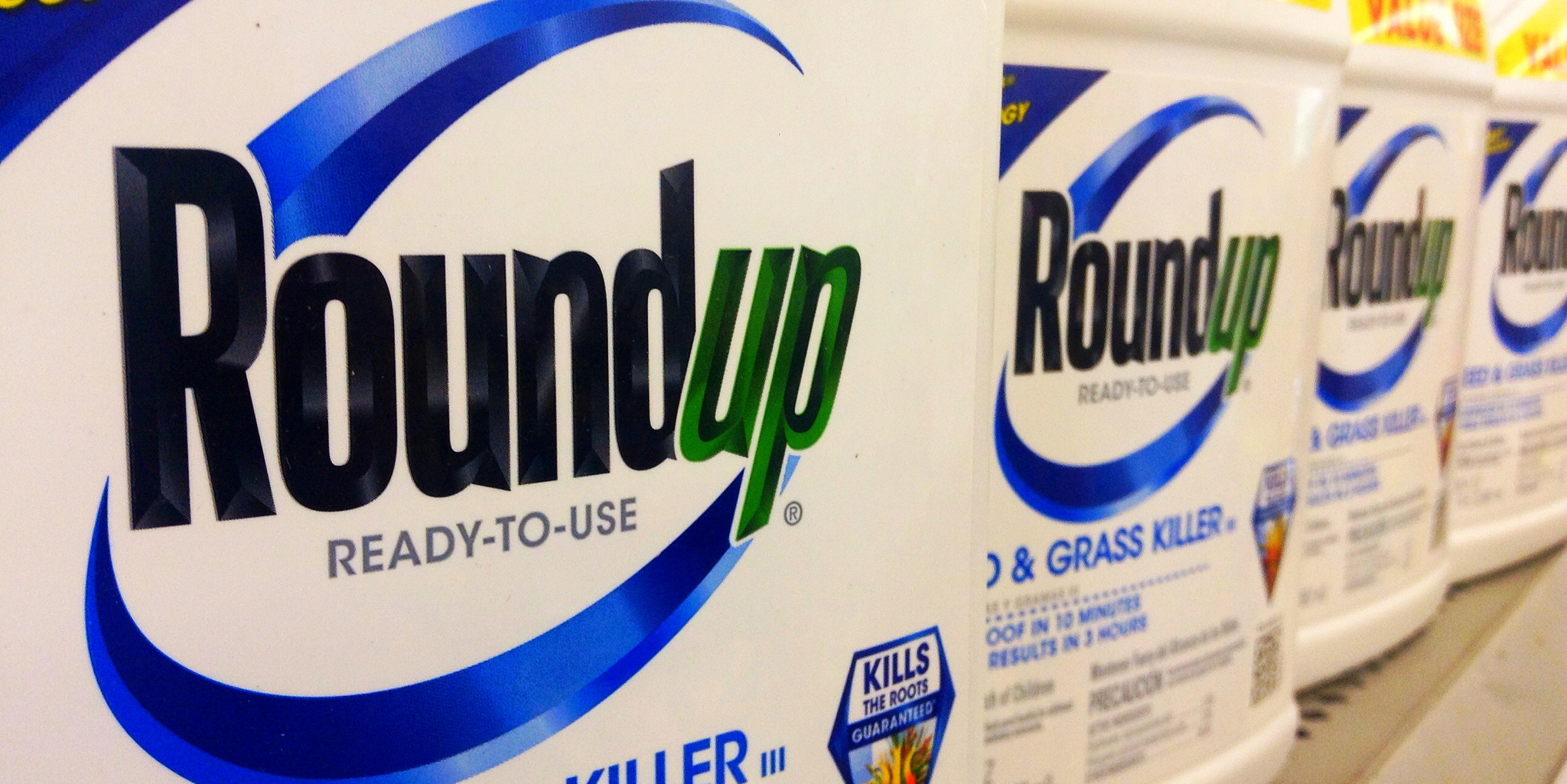Roundup
n the 1970s, Monsanto developed the glyphosate-based herbicide (“Roundup”) to kill weeds. In the 1990s, the company created genetically modified seeds that are resistant to pests and also survive the application of Roundup. That development allowed farmers to use large quantities of Roundup on entire fields of GMO crops and proved very lucrative for Monsanto. By 2007, Roundup became the most widely used weed killer in the world.
In 2015, a World Health Organization’s International Agency for Research on Cancer (IARC) study found glyphosate increased risks of non-Hodgkin’s lymphoma in some exposed individuals and caused tumor formation in some animals. After the IARC study, 17 of the world’s top cancer researchers unanimously voted to elevate the cancer profile of glyphosate on behalf of WHO, and the IARC now classifies glyphosate as “probably carcinogenic to humans.” California has followed suit and listed glyphosate as a chemical known to cause cancer.
Internal Monsanto documents and the company’s own research obtained through the course of litigation reveal that Monsanto may have been aware of the increased risk of cancer associated with Roundup and failed to place warning labels on the packaging. In fact, even now Monsanto refuses to warn Roundup user that the chemical is a carcinogen.
Equally troubling, recent studies have underscored the wide-reaching effects of decades of prolific Roundup use. A scientific study released in October 2018 showed that Roundup was found in 43 out of 45 of the popular breakfast cereals tested that were made with oats. Another recently publicized study found glyphosate in all California wines tested.
If you have developed non-Hodgkin’s lymphoma, b-cell lymphoma, or leukemia after using the weed killer, Roundup, contact us at 804.466.4412. You may be eligible for compensation.



